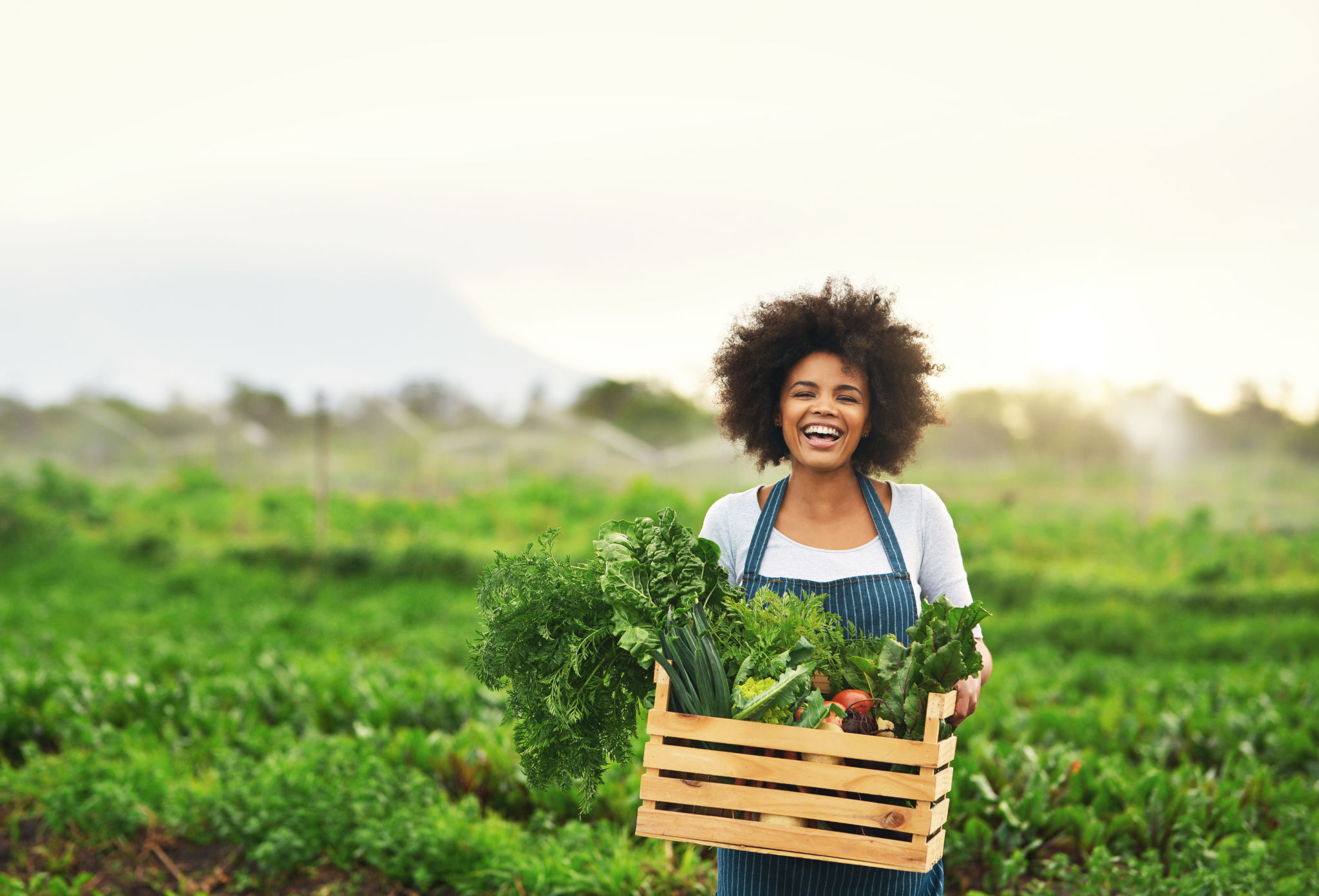How to Start Your Own Edible Garden: A Beginner's Guide
Why Start an Edible Garden?
Starting your own edible garden is not only a rewarding hobby but also a sustainable way to ensure you have fresh produce at your fingertips. With more people becoming conscious of where their food comes from, growing your own vegetables, fruits, and herbs can be a step towards a healthier lifestyle. Plus, there's nothing quite like the taste of freshly picked produce straight from your garden.

Choosing the Right Location
Location is crucial when it comes to starting an edible garden. Look for a spot in your yard that gets plenty of sunlight, ideally six to eight hours a day. Avoid areas with too much shade or exposure to harsh winds. If you're limited on space, consider using containers or vertical gardening techniques.
Soil Quality and Preparation
Once you've picked the perfect spot, it's time to focus on your soil. Healthy soil is the foundation of a thriving garden. Test your soil to check its pH levels and nutrient content. You can improve poor soil by adding compost or organic matter, which enriches the soil and promotes plant growth.

Selecting What to Grow
Choosing the right plants is essential for a successful edible garden. Consider your climate, the amount of space you have, and your own culinary preferences. Beginners might start with easy-to-grow plants like tomatoes, lettuce, basil, and peppers. These plants are forgiving and offer a good yield.
Planning Your Garden Layout
A well-planned layout can help maximize your space and improve crop yield. Consider organizing plants according to their sunlight needs and growth characteristics. For example, taller plants like tomatoes can provide shade for smaller ones like lettuce. Companion planting can also benefit certain crops by deterring pests or enhancing growth.

Caring for Your Garden
Regular maintenance is key to a flourishing garden. Water your plants consistently, especially during dry spells. Mulch can help retain moisture and suppress weeds. Keep an eye out for pests and diseases; early intervention can prevent major problems. Most importantly, enjoy the process and learn as you go!
Harvesting and Enjoying Your Produce
There’s nothing more satisfying than harvesting your own produce. Each plant has its own harvest time; pick vegetables when they're ripe for the best flavor and nutrition. Use your fresh ingredients in salads, cooking, or preserve them for later use. Sharing your bounty with friends and family can also be a delightful experience.

Conclusion: Embrace Your Green Thumb
Starting an edible garden might seem daunting at first, but with patience and care, it will become a fulfilling endeavor. Whether you have a sprawling backyard or just a small balcony, you can create a thriving space that provides nourishment and joy.